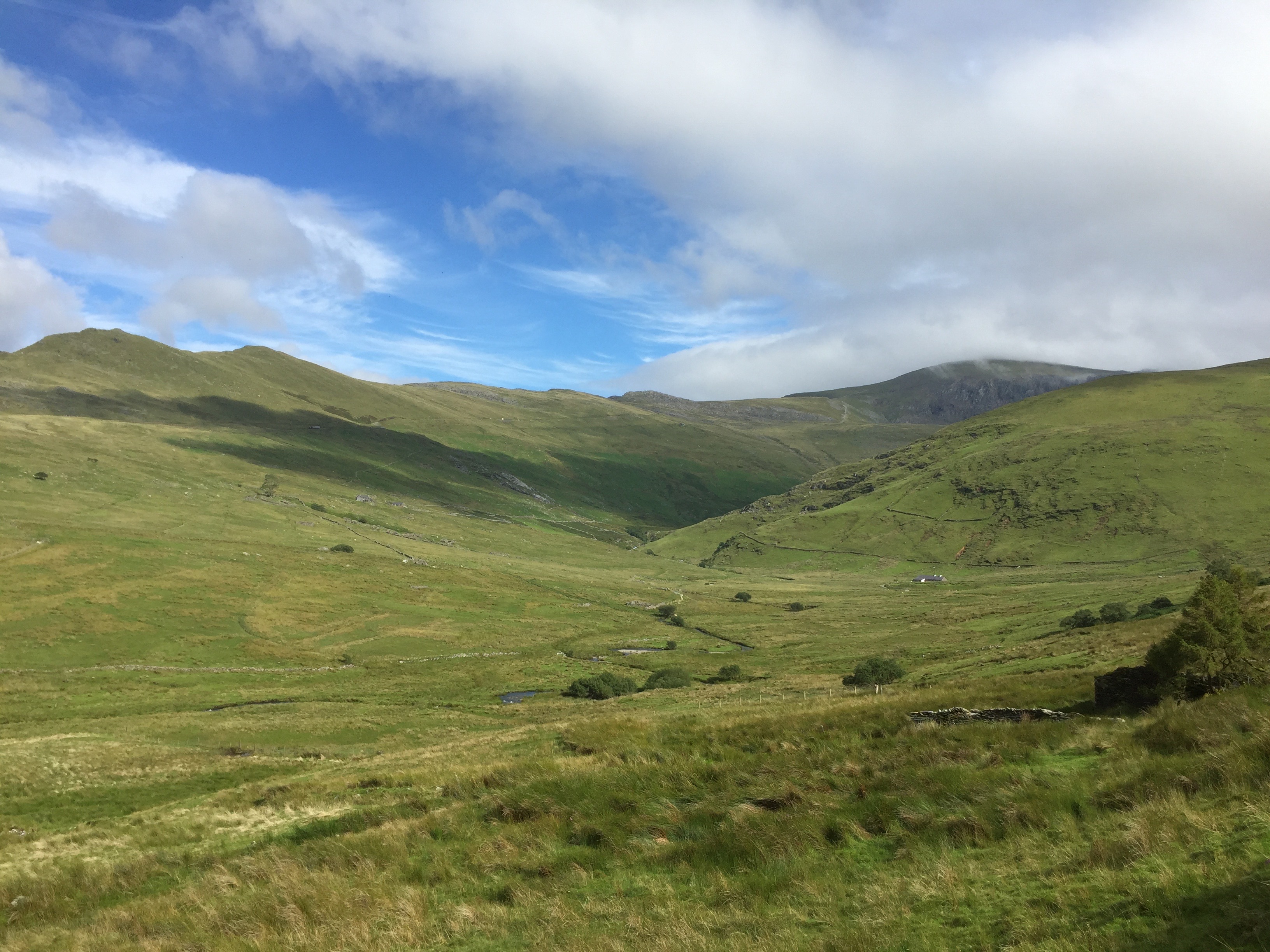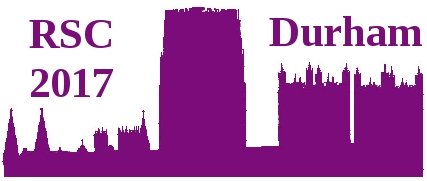
My name is Sam Jackson. I am an Associate Professor of Statistics at Durham University, UK, as well as a private statistical consultant and educator, with specific expertise in the areas of computer modelling of physical systems, uncertainty quantification, risk management, decision support and machine learning. Please see the Services page or contact me for further information regarding consultancy, collaboration, courses or private tuition.




My expertise and research interests lie primarily in the statistical analysis of computer models, as utilised to aid the understanding of complex physical processes, in particular;
-
Uncertainty Quantification (UQ) of the major sources of uncertainty in the models and their links to the corresponding physical systems, along with appropriate propagation of uncertainty through any statistical analysis to decision making.
-
Risk Management and Decision Support: once uncertainty in a problem has been properly identified and quantified, we can robustly account for that in the decision making process to minimise the consequential risks involved.
- Bayesian Emulation: the full UQ calculations based on computer models (across possibly high-dimensional parameter spaces) that a serious scientific analysis requires are frequently prohibitively computationally intensive, thus often benefitting from use of emulators. An emulator is a fast statistical construct that mimics the complex computer model, providing both a prediction of model behaviour and consequential uncertainty estimate of the prediction, across the entire model input space.
Two of my main interests in this field are;
- the development of emulation tools for analysing networks of computer models, where many of the models’ inputs are taken to be outputs to previous models. Efficient emulation of spatial and temporal models as part of a larger network of models forms a large part of my research interests in this area.
- effective exploitation of boundaries in parameter space along which model behaviour is known, in order to aid the development of more efficient emulation techniques.
-
History matching: finding the set of all possible combinations of computer model input parameters which are not inconsistent with observed data, gathered from a collection of physical experiments, given all the sources of uncertainty involved with the model and the measurements. Particular research interests in this area include designing physical experiments for prospective history matching that are expected to be most informative in accordance with large classes of possible specific scientific criteria.
-
Comparison of ensembles of models using Approximate Bayesian Computation and history matching techniques. This is informative for scientists looking to gain insight into the merits and drawbacks of several different computer models, and for the potential development of Bayesian Model Averaging techniques.
-
Machine Learning: Utilising neural networks and deep Gaussian processes for the statistical modelling and understanding of big datasets and complex computer models.
- Application of the above to a wide range of disciplines, including defence threat reduction, epidemiology, medical imaging and systems biology.
Apart from computer models, I have also done work studying high-dimensional microarray data, spatial statistics looking at volcanic activity across Earth, and classification for materials science.





